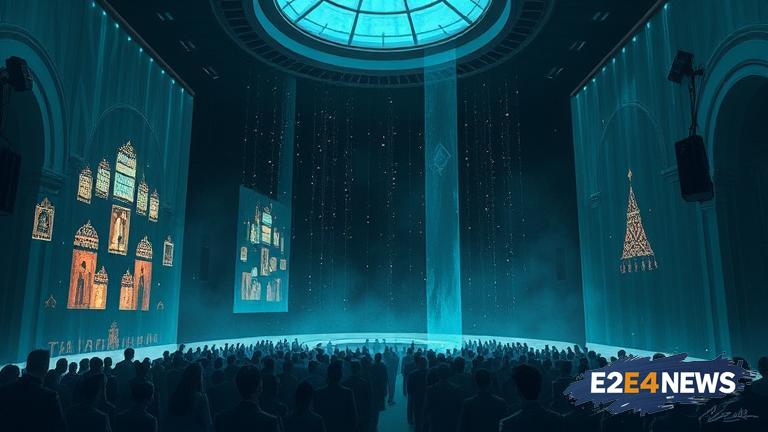The notion that our reality is an illusion has been a topic of discussion among philosophers, scientists, and technology entrepreneurs. This concept, also known as simulated reality, suggests that our world is a computer-generated simulation created by a more advanced civilization. The idea may seem like the plot of a science fiction movie, but it has garnered significant attention and debate in recent years. Some experts argue that the rapid progress in computer technology and artificial intelligence could make it possible for a civilization to create a realistic simulation of reality. Others propose that if we are living in a simulation, it would be impossible to know for certain, as the simulators could be manipulating our perceptions. The concept of simulated reality raises questions about the nature of reality, free will, and the potential consequences of being a simulated being. It also sparks curiosity about the motivations of the simulators and the purpose of the simulation. While the idea may seem far-fetched, it has been explored in various fields, including philosophy, physics, and computer science. Some scientists have even proposed ways to test the hypothesis, such as searching for glitches or inconsistencies in the simulation. However, others argue that the idea is unfalsifiable and therefore cannot be proven or disproven. The concept of simulated reality has also been linked to the idea of the multiverse, where our reality is just one of many parallel universes. This raises further questions about the possibility of interacting with other simulated realities or even escaping our own simulation. The idea has also been explored in popular culture, with movies and TV shows such as The Matrix and Westworld delving into the concept of simulated reality. While the idea may seem like the stuff of science fiction, it has significant implications for our understanding of the universe and our place within it. If we are living in a simulation, it would challenge our current understanding of reality and force us to re-examine our assumptions about the world. It would also raise questions about the ethics of simulation and the potential consequences of being a simulated being. Furthermore, the concept of simulated reality could have significant implications for fields such as artificial intelligence, computer science, and philosophy. As technology continues to advance, the possibility of creating a realistic simulation of reality becomes more plausible. However, the idea also raises concerns about the potential risks and consequences of creating such a simulation. In conclusion, the idea that the world is an illusion may not be fictional, and the concept of simulated reality is a topic of ongoing debate and exploration. While it may seem like a topic for science fiction, it has significant implications for our understanding of the universe and our place within it. As we continue to advance in technology and our understanding of the world, the concept of simulated reality is likely to remain a topic of discussion and exploration. The idea has sparked a new wave of interest in the nature of reality and the potential consequences of being a simulated being. It has also raised questions about the ethics of simulation and the potential risks and consequences of creating such a simulation. Ultimately, the concept of simulated reality challenges our current understanding of the world and forces us to re-examine our assumptions about reality. It is a topic that will continue to be explored and debated in the years to come, with significant implications for our understanding of the universe and our place within it.





